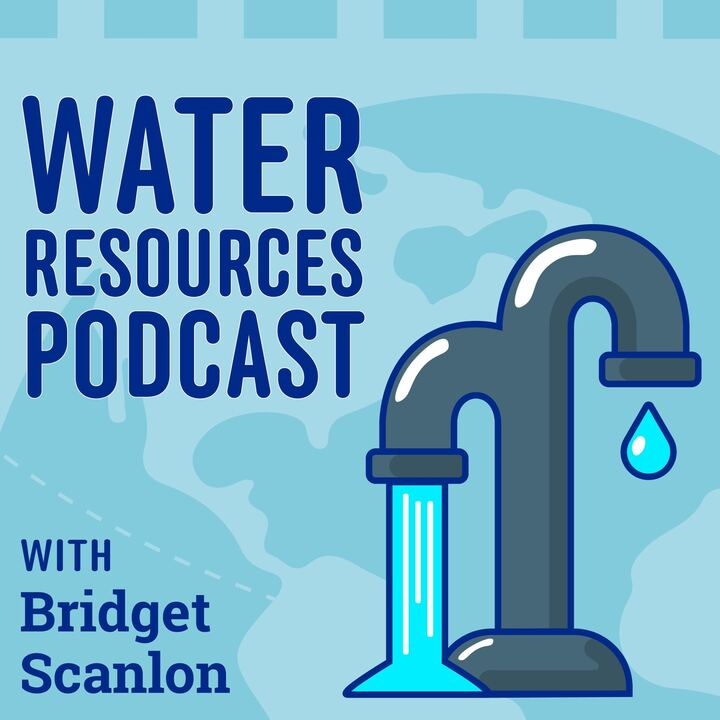UT researcher launches Water Resources Podcast to discuss global water issues
April 16, 2023
A UT researcher began a podcast on global water issues as a unique way to present the issues, which are typically found in more formal formats like research papers.
Bridget Scanlon, a senior research scientist at UT who studies the impact of climate variability and land use change on groundwater recharge, launched the Water Resources Podcast to discuss critical water resource issues such as water scarcity and food security with experts in the field.
“People may not have time to read (scientific) papers, so I thought this was a nice way to communicate what people are doing (to tackle) different critical issues,” Scanlon said. “When you don’t have Powerpoint as a background or a crutch, people explain concepts in a different way that people may understand better.”
Scanlon said she tries to describe current water issues and how they have evolved over time within the context of climate change during episodes. She said she also includes potential solutions for some of the issues.
“There’s sometimes a latency between when the science is done and (when) it gets out,” Scanlon said. “Sometimes people want a more immediate understanding of what’s going on.”
For example, Scanlon said she recorded an episode on atmospheric rivers last November, but after numerous atmospheric river events and flooding occurred in December and January, she had to re-record the podcast episode.
“There are a lot of commonalities between different countries,” Scanlon said. “We learn a lot from looking at the similarities and the differences between different regions.”
Michael Young, a frequent listener of the podcast, said he appreciates how Scanlon is exploring how both policy and societies are affected by hydrology, and vice versa.
“Humans and the decisions humans make have a significant impact on the water resources we can expect (to have) going forward,” said Young, a senior research scientist at the University.
Podcast guest Chris Funk, who was featured for his work on drought forecasting, said he enjoyed the thoughtful discussion he had with Scanlon about strategies to cope with climate change, including improving forecasting and increasing water storage.
Scanlon said hosting the podcast has been time-consuming but rewarding.
“It’s a bit nerve-wracking because my M.O. has just been to write papers, (but) I learn a lot from the discussions I have with the scientists,” Scanlon said.



